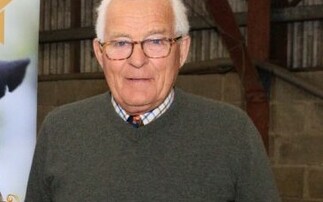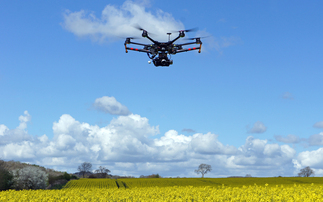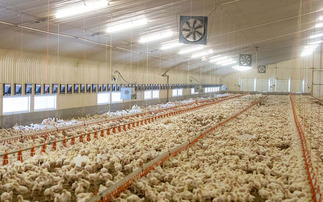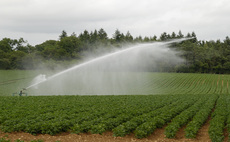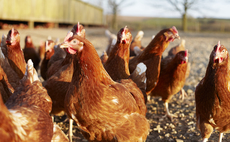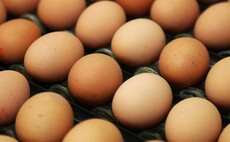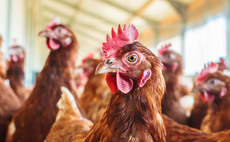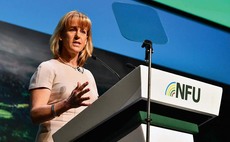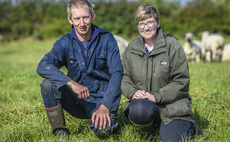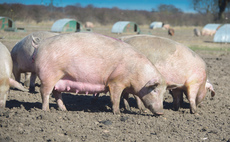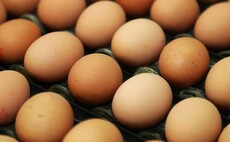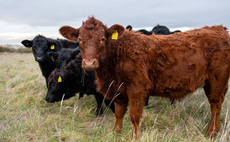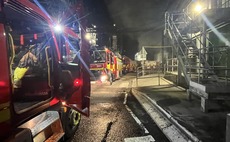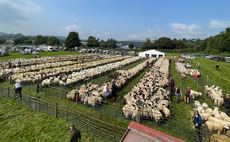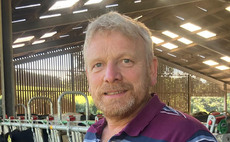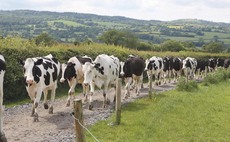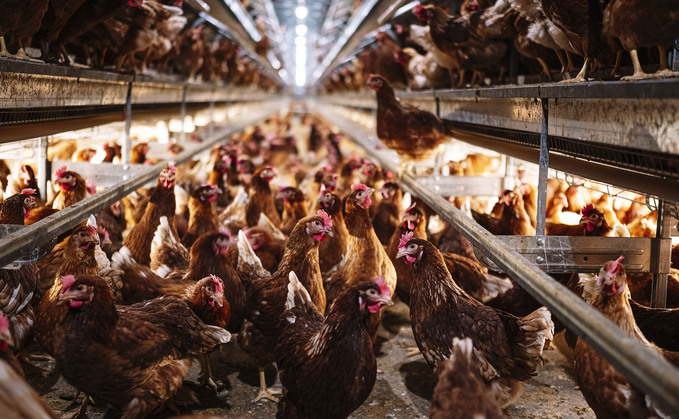
The new RSPCA scheme asks producers to provide verandas and natural light for hens
The heads of two major egg sector bodies have written to the RSPCA demanding it rethink its new laying assurance standards, describing the move as poorly communicated, impractical and costly.
The RSPCA has recently announced that as of next May new scheme members and those refurbishing sheds (whether barn or free-range) will be required to provide veranda space and certain natural light requirements while existing barn producers will have until January 1, 2030 to meet the targets.
The group hailed the move as a ‘huge step forward for hen welfare'.
However, in a strongly worded letter, BEIC chair Andrew Joret and James Baxter, chair of BFREPA, said the animal welfare group had led members of the industry involved in the new scheme to believe there would be further consultation taking place before the requirements were announced.
The letter states: "The industry representatives on the RSPCA Standards Technical Advisory Group (STAG) were of the view that, after initially raising concerns, further consultation would be taking place. Disappointingly, this has not happened and the first they were aware was the publication of the new standards late last week."
It then goes on to detail how difficult the new requirements will be to achieve, arguing the standard around verandas - by reason of topography and/or ventilation - will be ‘physically impossible' for many producers to achieve.
In terms of commercial viability, the Mr Joret and Mr Baxter said the cost of installing verandas and windows is estimated at some £10 per bird, which equates to approximately £260m based on a 26 million bird national free-range flock.
"We do not believe this significant cost can be recovered from the marketplace and free-range producers cannot be expected to bear this cost," the letter stated.
Announcing the scheme Dr Kate Norman, senior scientific officer and poultry specialist at the RSPCA, said: "The new laying hen standards will be a huge step forward for hen welfare.
"We recognise these are a big change for some of our members and it is therefore really important that we give them enough time to make the necessary changes and support and advise them during that process."







